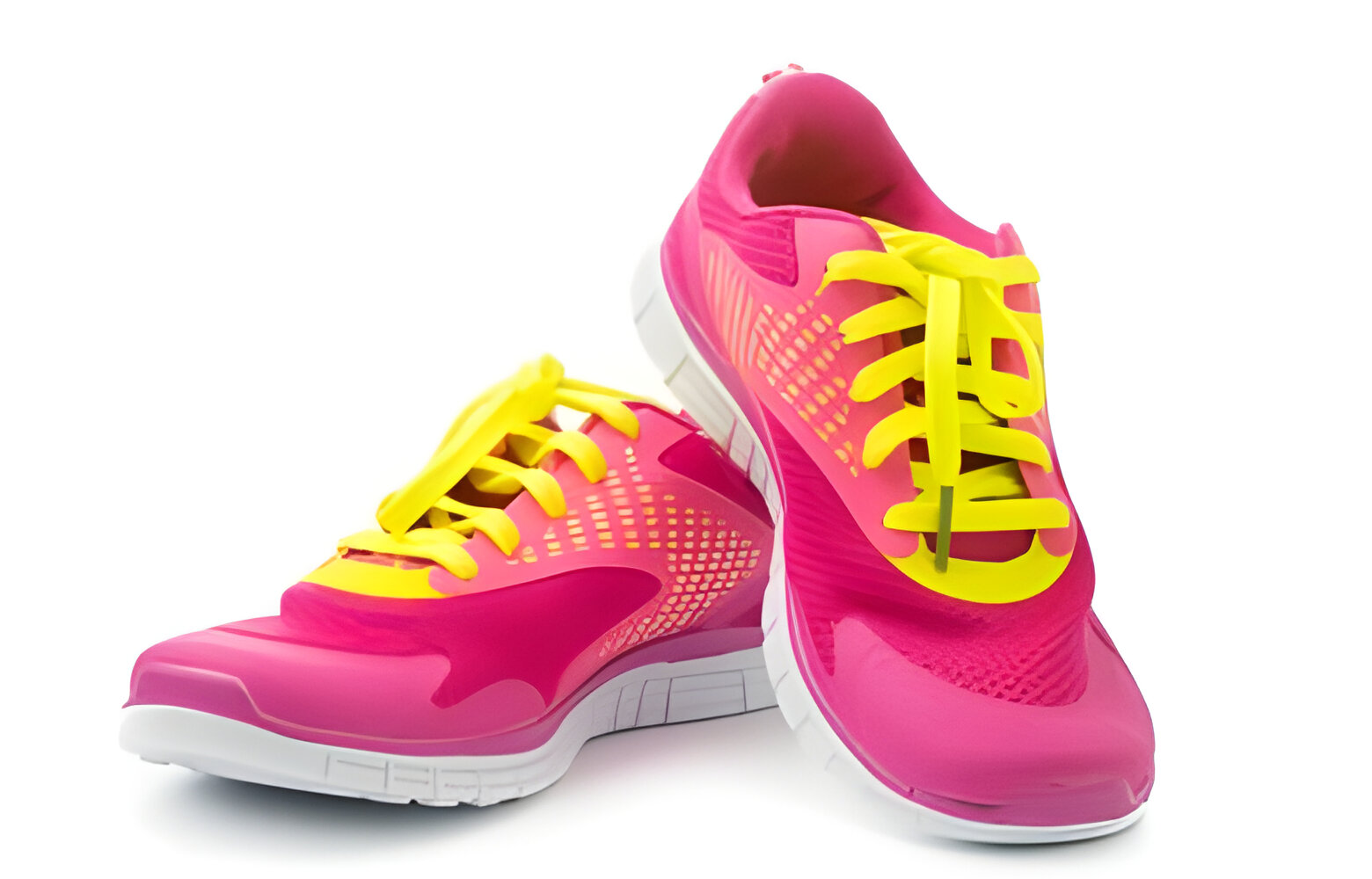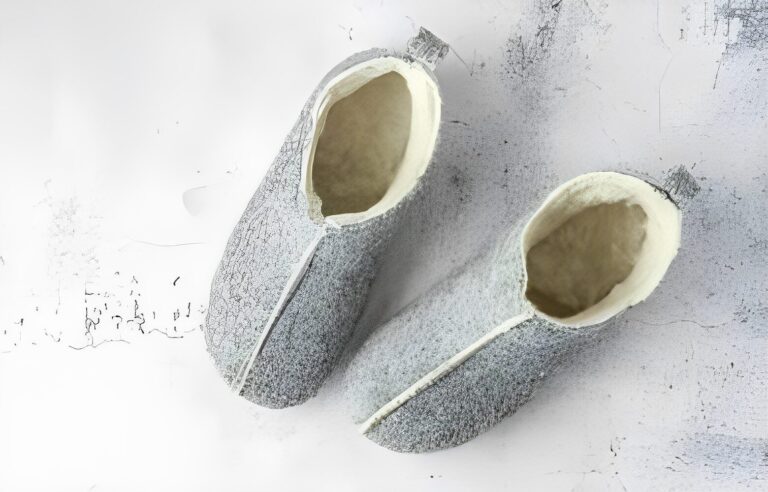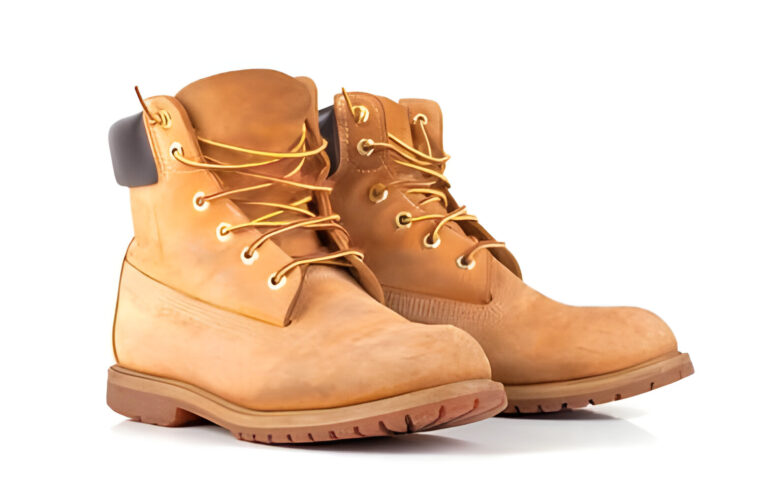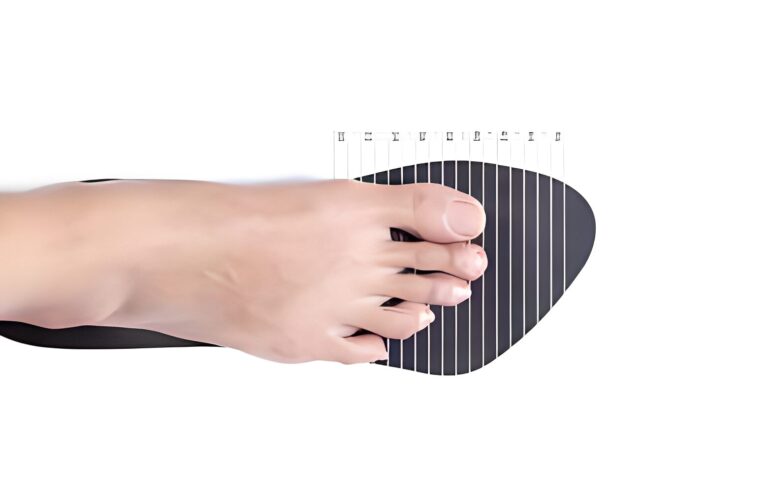How Heavy is a Shoe
Shoes come in various shapes, sizes, and weights, making it essential to understand how their weight can impact comfort, performance, and overall wearability. In this article, we’ll explore the factors influencing shoe weight, common weights across different categories, and the significance of choosing the right weight shoe for your needs.
Factors Influencing Shoe Weight: How Heavy is a Shoe
The weight of a shoe can be influenced by several factors, including the materials used in its construction, its design and construction techniques, the size of the shoe, and any additional features it may have. For example, shoes made with lightweight materials such as mesh and synthetic fabrics tend to weigh less than those made with heavier materials like leather.
Common Shoe Weights Across Different Categories
The weight of a shoe can vary significantly depending on its intended use and design. Running shoes, for instance, are typically lighter in weight to enhance performance and reduce fatigue during long runs. Casual shoes, on the other hand, may have more substantial constructions for durability and support. Boots and high heels often weigh more due to their sturdy designs and additional features.
Measurement Units for Shoe Weight
Shoe weight is commonly measured in ounces or grams, depending on the manufacturer and region. It’s essential to understand the conversion between these units to accurately assess the weight of a shoe and compare it to others. For example, one ounce is approximately equal to 28.35 grams.
Read Also: How Heavy Are Ski Boots?
The Impact of Shoe Weight on Comfort and Performance
The weight of a shoe can significantly impact both comfort and performance. In terms of comfort, lighter shoes may feel less burdensome and allow for more natural movement, particularly during physical activities like running or walking. However, heavier shoes may offer more stability and support, which can be beneficial for individuals with specific foot conditions or who require additional cushioning.
Tips for Choosing the Right Weight Shoe
When selecting a shoe, it’s essential to consider your personal preferences and specific needs. If you’re an avid runner, you may prefer a lightweight shoe for enhanced speed and agility. However, if you’re on your feet all day for work, you might prioritize comfort and support over weight. Ultimately, finding the right shoe weight may require some trial and error to determine what works best for you.
Read Also: How Does A Walking Boot Help A Sprained Ankle
Conclusion
In conclusion, understanding the weight of a shoe is crucial for selecting footwear that meets your comfort, performance, and lifestyle needs. By considering factors such as materials, design, and intended use, you can make informed decisions to ensure optimal footwear choices. Remember to prioritize comfort and functionality above all else, and don’t hesitate to experiment with different shoe weights to find what works best for you.







